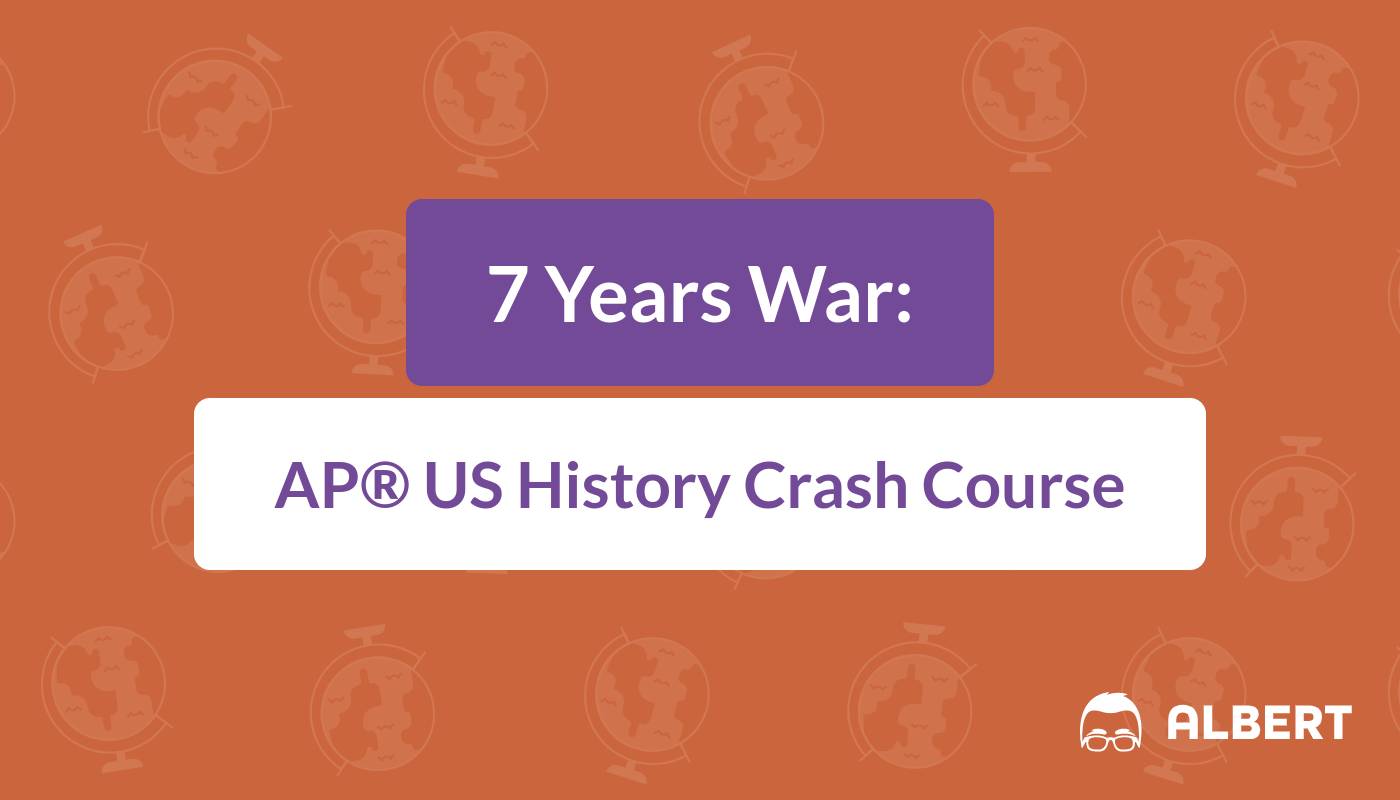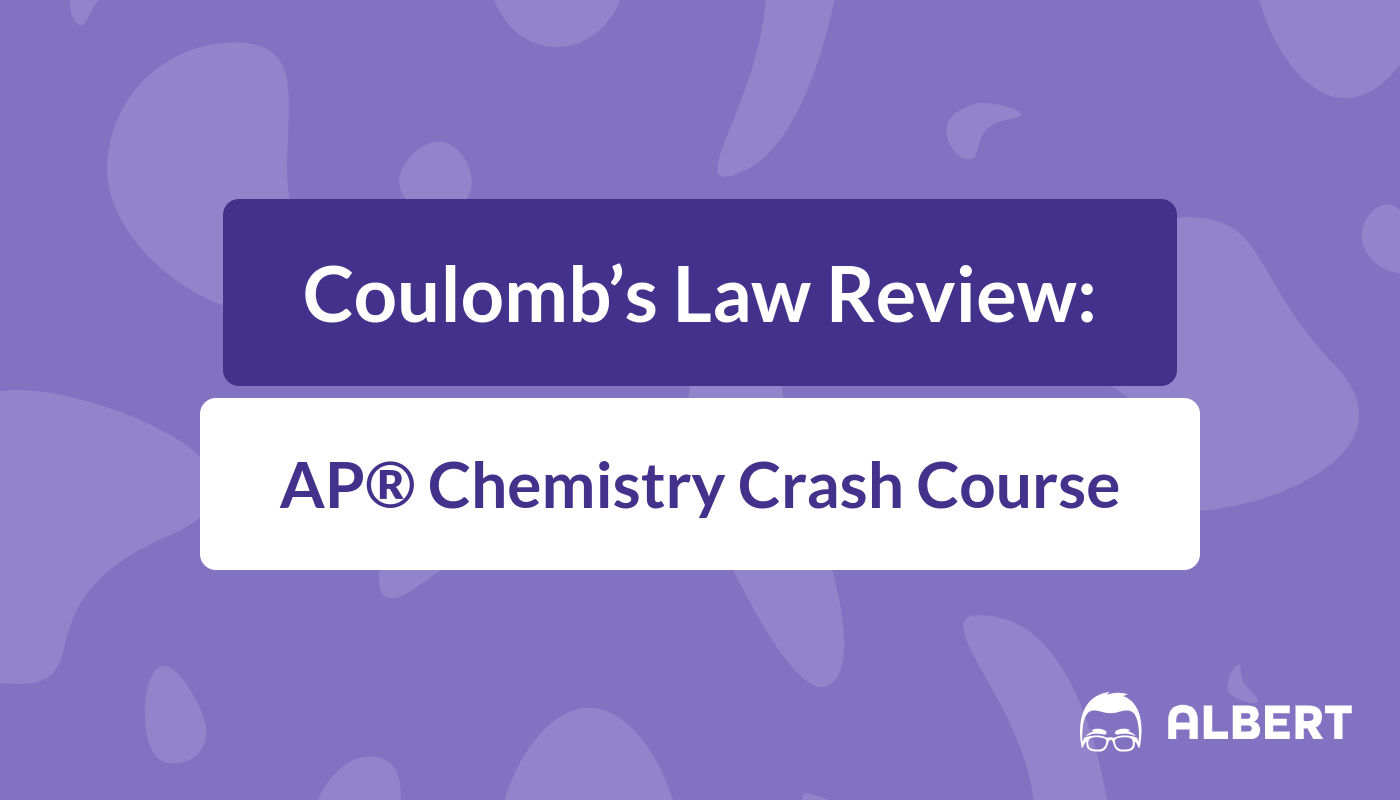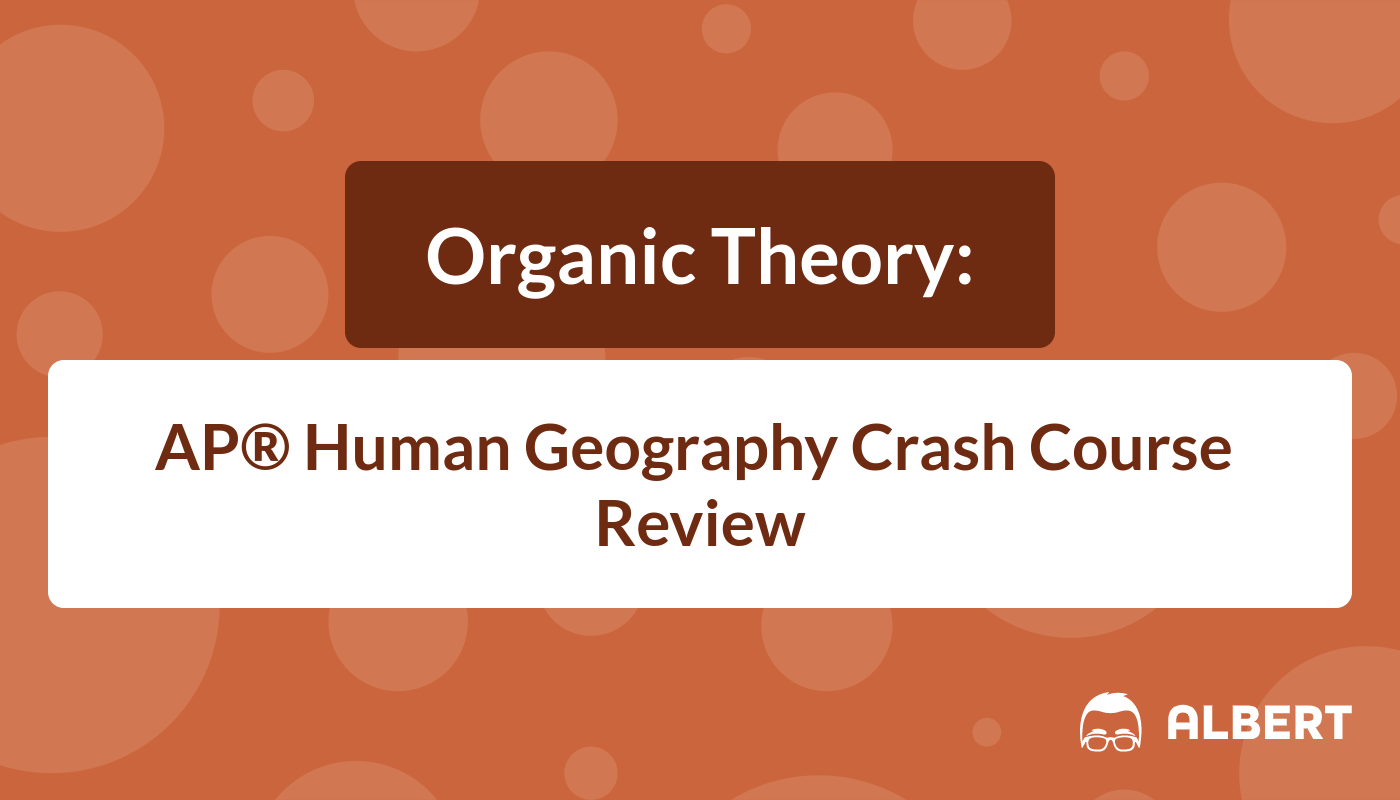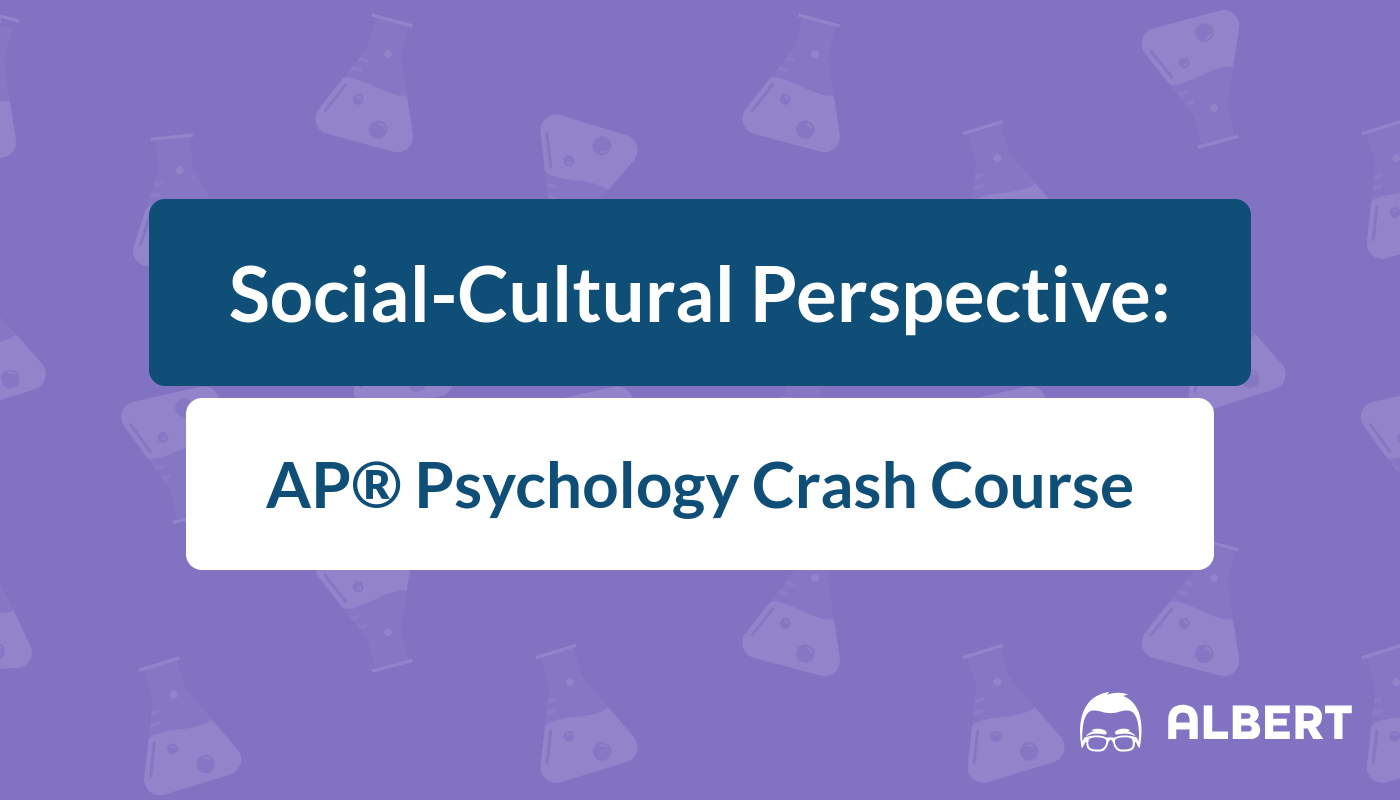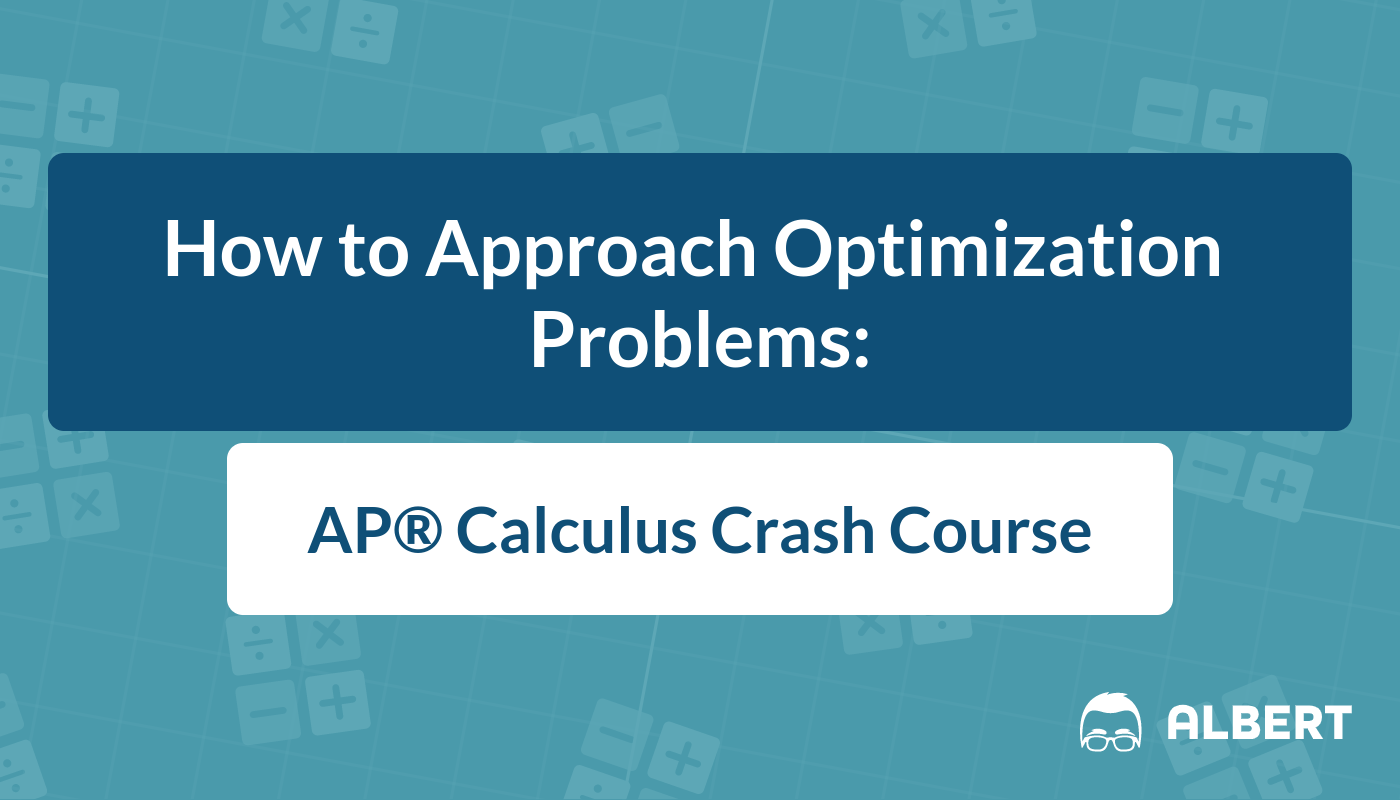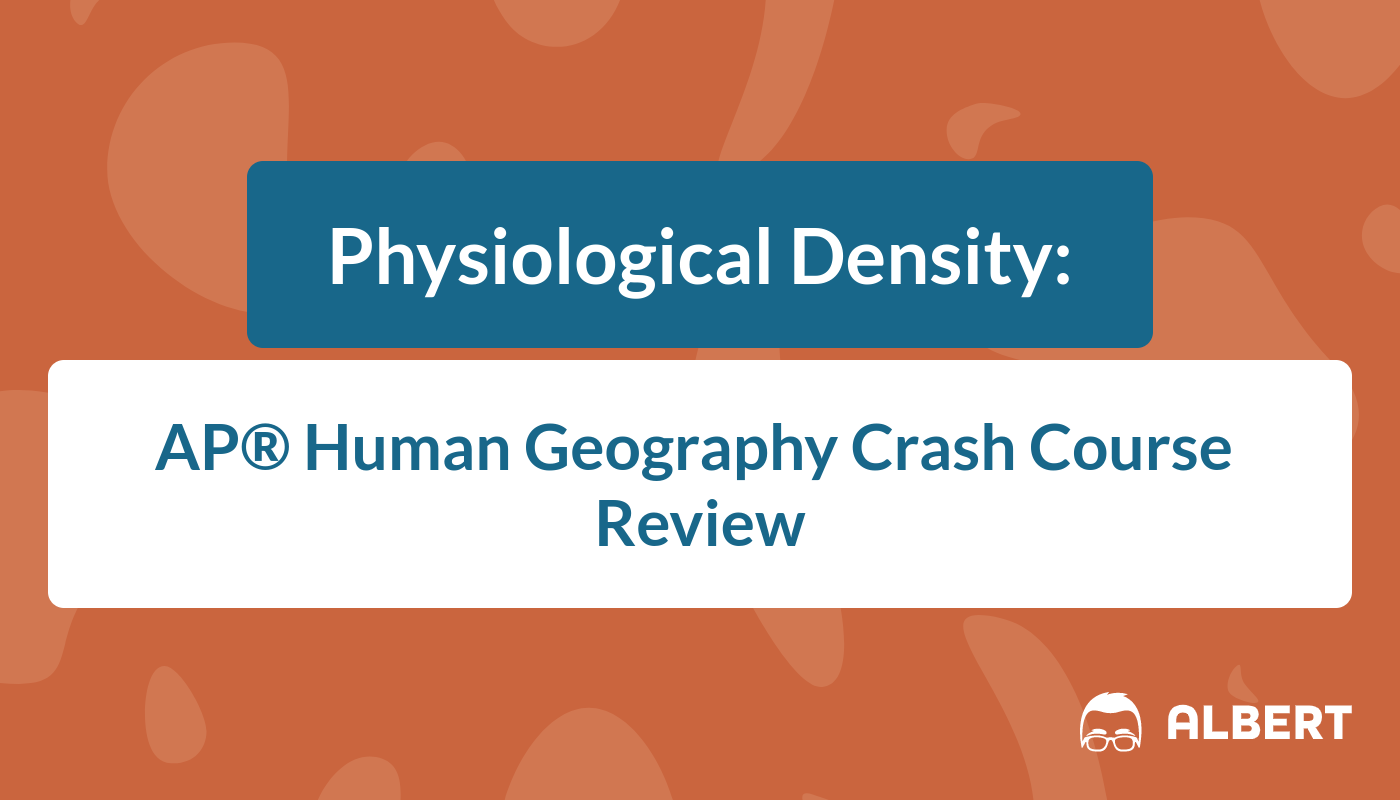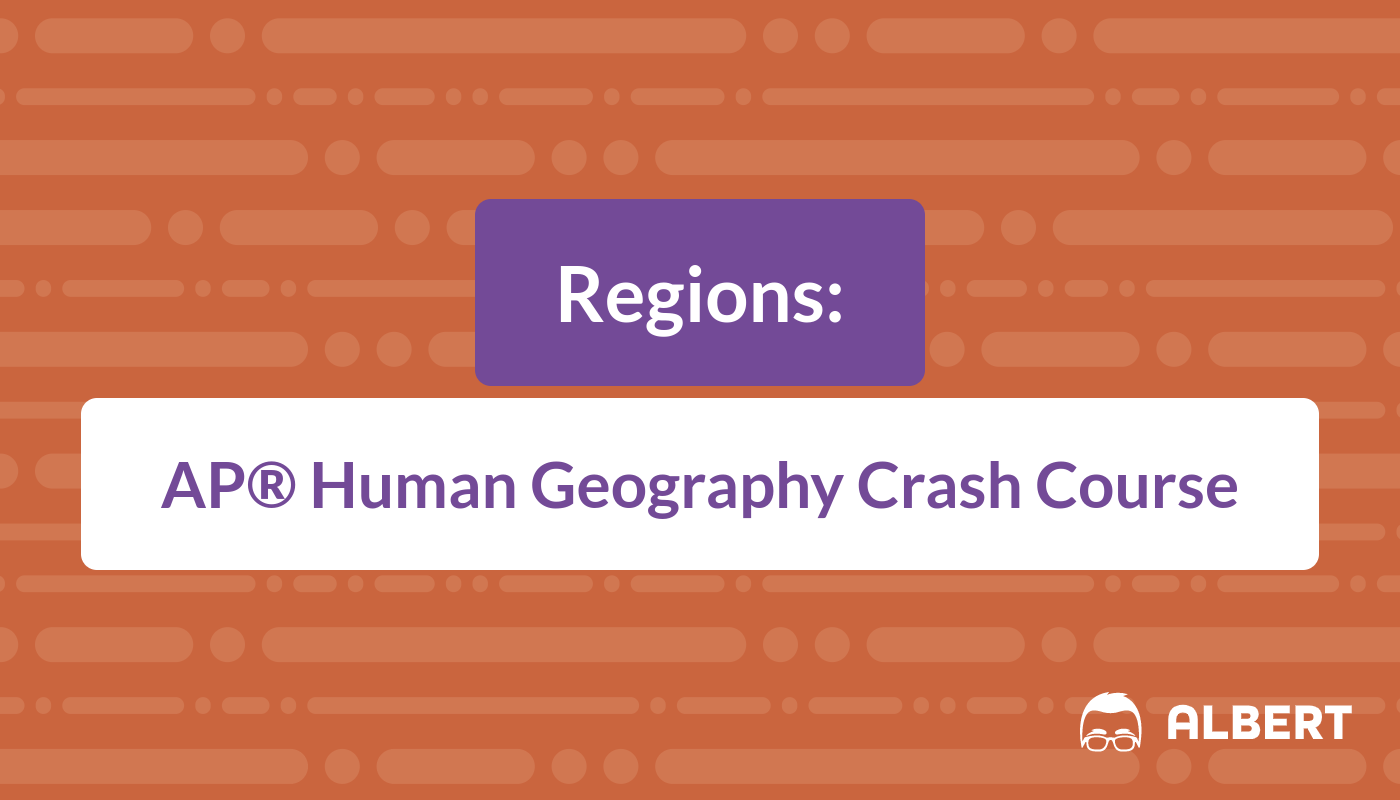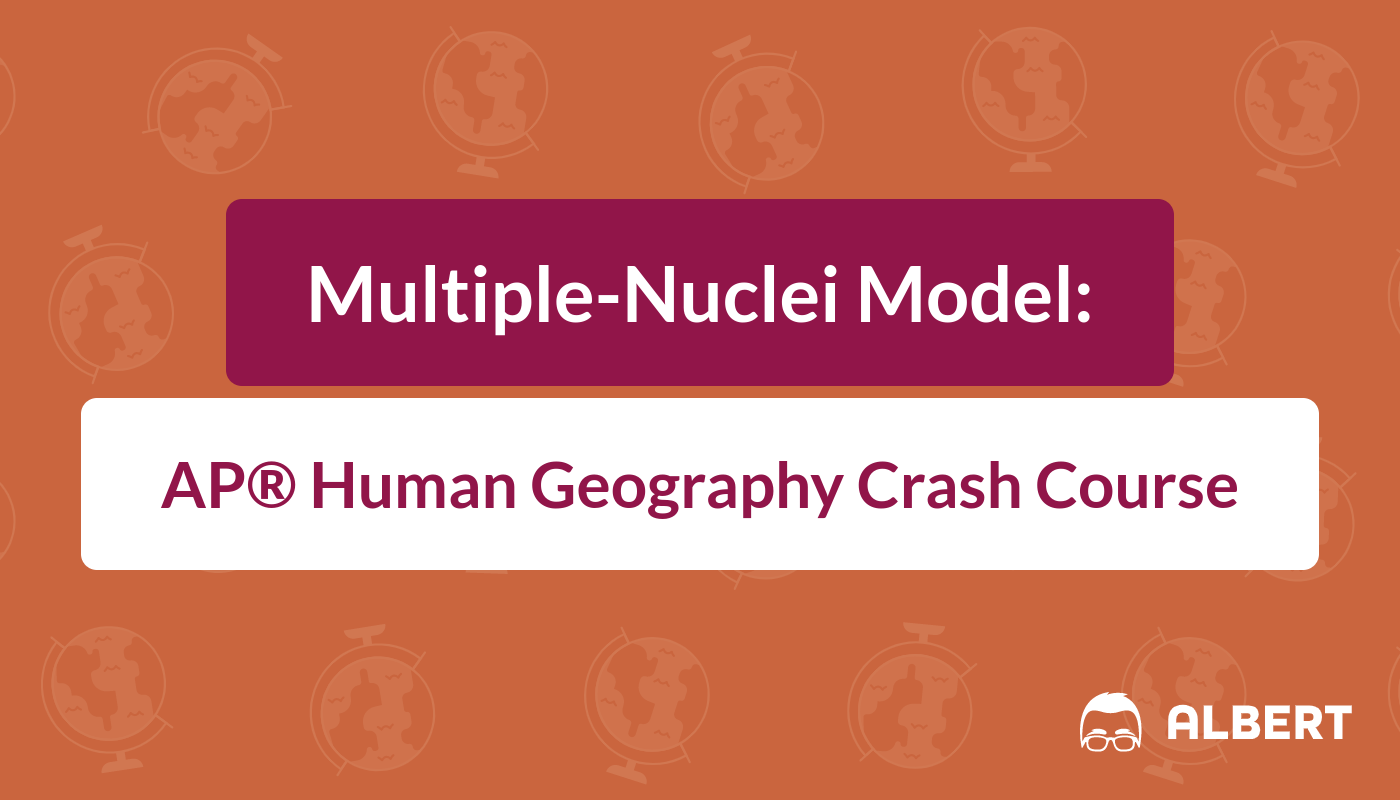Big Stick Diplomacy: AP® US History Crash Course
“Speak softly and carry a big stick.” Almost every red-blooded American has heard that phrase before. But do you really know what it means? More than that, could you explain why it is important in the form of a Free Response Question on the AP® US History exam? You need to be very familiar with this idea for the APUSH test, so we made a quick breakdown for your learning pleasure. So, here you have it: a crash course on Big Stick Diplomacy, as coined by good ole Teddy Roosevelt.


